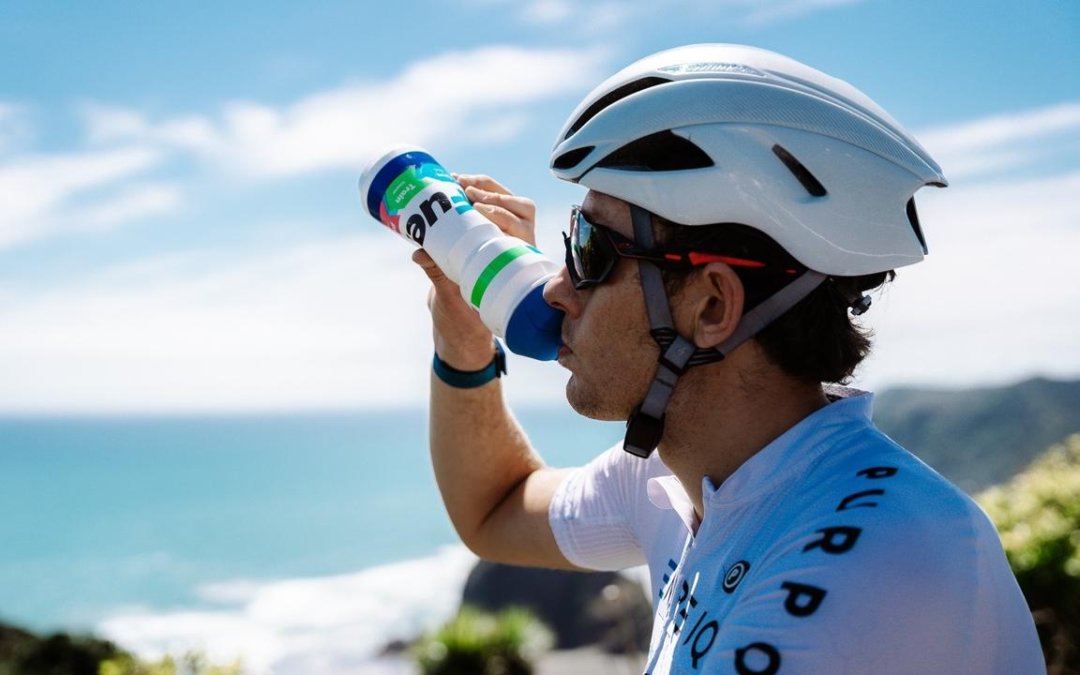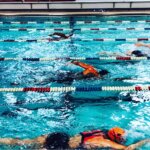Fueling after a triathlon training or race is an important aspect of recovery. The goal is to provide your body with the nutrients it needs to restore glycogen stores, which are used up during exercise and must be replenished in order for your muscles to recover.
To refuel properly, you should consume carbohydrates and protein within 30 minutes after completing strenuous exercise. Carbohydrates will help replenish your body’s glycogen stores, while protein aids in muscle repair by helping your body build new tissue and promote the production of enzymes that speed up healing.
While it’s best to consume carbohydrates and protein immediately following training or racing, many athletes still don’t know how much they should eat or what they should eat until they try different amounts and combinations.
Here’s how these items work together:
You’ll want to consider the pros and cons of the various fuel forms. Gels offer a quick jolt of energy, but can be messy to consume. Sports drinks are easy to drink, but they tend to have less calories than bars or chews, which may not be enough for some athletes (especially during multi-hour events). Bars and chews generally provide more fuel per serving than gels or sports drinks, but can be hard to digest if you’re not used to them.
After a big race or training session, it’s important to take in fuel to promote recovery. If you’re not accustomed to eating after exercise, try eating within 30 minutes of finishing your workout. It may help if you have something easily accessible that also tastes good so that you’ll be more likely to eat quickly.
Carbohydrates (carbs) and protein are the two main nutrients that should be included in your post-exercise recovery meal or snack. The ratio of carbs to protein should be 4:1. Carbos will help replenish glycogen stores so that you can maintain peak performance during future workouts. Protein helps rebuild muscle tissue and repair damage caused by intense physical activity. Omega-3 fatty acids are also important for this process; they reduce inflammation in the body which helps prevent soreness and decreases recovery time between workouts. Antioxidants like vitamins A and C assist with protecting cells against free radicals produced by intense exercise which leads to faster injury healing times while reducing muscle soreness after an event!
Another thing to note is that you never want to introduce new fuel before or during race day. The night before your race, you should eat a meal packed with nutrients that your body is familiar with. The morning of your race, eat what you have previously before a training day. During the race, stick to the fuel options that you know your body responds positively to. The last thing you want on race day is an upset stomach.
We all know that it’s important to properly train for a triathlon. Before, during, and after race day proper fuel for your body is key. What you’re eating or drinking should provide your body with the nutrients for maximum results. With proper training, a nutrient rich diet, and proper race day fuel, you’ll cross the finish line stronger than ever on race day!
Looking for more tips on preparing for race day? Contact me today to customize a training program and fuel guidance to prepare you for your upcoming race!
Train Right, Tri Right,
Coach MJ







